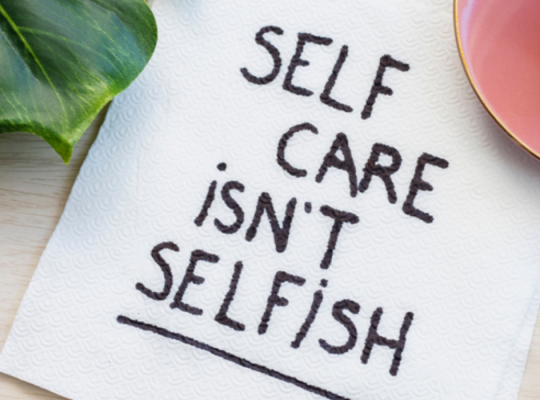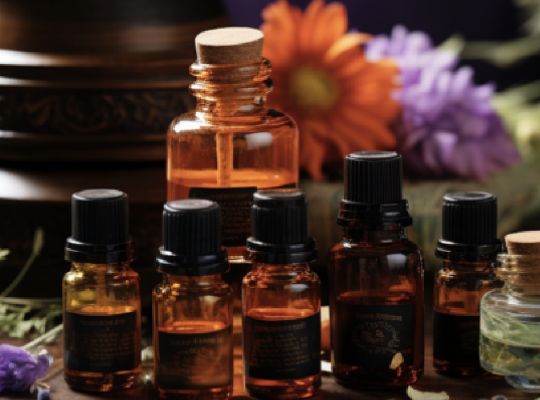We often chase wellness through diet and exercise, but are we overlooking a fundamental pillar of health? Our sleep sanctuary. Sleep, often relegated to the bottom of the to-do list, is crucial for physical, mental, and emotional well-being. This article explores how prioritising sleep transforms your health from the inside out.
Reading Time: 5 minutes
What is Holistic Health and Why Does Sleep Matter?
Holistic health emphasises the interconnectedness of mind, body, and spirit. It moves beyond treating symptoms to address the root causes of imbalance. Sleep is a cornerstone of this approach because it profoundly impacts virtually every bodily function.
It’s during sleep that our bodies repair and regenerate, our minds consolidate memories, and our emotional equilibrium is restored. Neglecting sleep disrupts this vital process, leading to a cascade of negative consequences. Think of it as the keystone of an arch – remove it, and the whole structure weakens.
The Interconnectedness of Sleep and Wellbeing
Adequate sleep isn’t just about feeling rested; it’s intrinsically linked to numerous aspects of our health:
- Physical Health: Sleep deprivation weakens the immune system, increasing susceptibility to illness. It also disrupts hormone regulation, impacting metabolism and weight management. Furthermore, chronic sleep loss is linked to an increased risk of chronic diseases like heart disease, diabetes, and high blood pressure.
- Mental Health: Sleep is vital for cognitive function, including attention, concentration, memory, and decision-making. Lack of sleep can lead to irritability, anxiety, depression, and difficulty managing stress. Ever feel foggy and forgetful after a bad night’s sleep? That’s your brain struggling.
- Emotional Wellbeing: Sleep allows us to process emotions and regulate our mood. When sleep-deprived, we become more reactive, impulsive, and emotionally vulnerable. It becomes harder to manage relationships, cope with daily stressors, and maintain a sense of calm.
- Spiritual Connection: When we are well-rested, we have the mental clarity to connect with our inner selves and pursue our spiritual practices. Sleep deprivation can dull our senses and make it harder to find meaning and purpose in life.
Are You Sleep Deprived? Key Signs to Watch For
Sleep deprivation manifests in various ways, often subtly at first. Recognising these signs is the first step toward reclaiming restful nights:
- Persistent Fatigue: More than just feeling tired; it’s a deep, unrelenting exhaustion that doesn’t improve with rest.
- Cognitive Impairment: Difficulty concentrating, memory problems, impaired decision-making, and brain fog.
- Mood Swings: Irritability, anxiety, depression, increased stress levels, and a short temper.
- Weakened Immunity: Frequent colds, infections, and a slower healing process.
- Increased Appetite: Cravings for sugary and processed foods due to hormonal imbalances.
- Physical Symptoms: Headaches, muscle aches, digestive issues, and dark circles under the eyes.
- Decreased Motivation: Apathy, loss of interest in activities you once enjoyed, and difficulty getting started on tasks.

If you experience several of these symptoms consistently, it’s time to prioritise your sleep.
Holistic Strategies for Restful Sleep
Adopting a holistic approach to sleep means addressing all the factors that influence your sleep quality. Here are some evidence-based strategies:
- Create a Relaxing Bedtime Routine: Establish a consistent routine an hour or two before bed. This might include taking a warm bath, reading a book (not on a screen!), listening to calming music, or practising gentle stretching. Avoid stimulating activities like watching TV or working on your computer.
- Optimise Your Sleep Environment: Ensure your bedroom is dark, quiet, and cool. Use blackout curtains, earplugs, or a white noise machine to minimise disturbances. Invest in a comfortable mattress and pillows or a weighted blanket. Learn about the benefits of weighted blankets here.
- Mindful Breathing and Meditation: Practice deep breathing exercises or meditation to calm your mind and body before bed. Apps like Calm or Headspace offer guided meditations specifically designed for sleep.
- Dietary Adjustments: Avoid caffeine and alcohol close to bedtime, as they can interfere with sleep. Opt for a light, healthy snack if you’re hungry, such as a handful of nuts or a small bowl of oatmeal.
- Regular Exercise: Engage in regular physical activity, but avoid intense workouts close to bedtime. Exercise can improve sleep quality, but it’s important to find the right balance.
- Herbal Remedies: Consider incorporating natural sleep aids like chamomile tea, valerian root, or lavender oil into your routine. However, it’s important to consult with a healthcare professional before taking any herbal supplements, especially if you have underlying health conditions or are taking medications.
- Sunlight Exposure: Aim to get at least 30 minutes of sunlight exposure daily, especially in the morning. This helps regulate your body’s natural sleep-wake cycle (circadian rhythm).
- Limit Screen Time: The blue light emitted from electronic devices can suppress melatonin production, making it harder to fall asleep. Avoid using screens for at least an hour or two before bed. If you must use screens, use blue light filters or wear blue light-blocking glasses.
- Acupuncture & Massage: Both of these approaches have been shown to help with sleep deprivation and insomnia.
Embracing the Sleep Sanctuary: A Lifestyle Shift
Protect your sleep sanctuary! Prioritising sleep is an investment in your overall well-being. It requires a conscious effort to create healthy habits and a supportive environment. By embracing the sleep sanctuary, you unlock the potential for greater vitality, resilience, and joy.
Incorporate these practices into your daily life, and remember that consistency is key to reaping the full benefits. Start small, be patient, and celebrate your progress.
Conclusion: Reclaim Your Rest, Reclaim Your Health – Your Sleep Sanctuary
Sleep is not a luxury; it’s a necessity for holistic health. By recognising its importance and adopting a holistic approach, you can transform your sleep and unlock your full potential. Make sleep a priority, and experience the profound benefits it offers.
Consider these resources to further your journey:
- Holistic Health – Your resource for holistic living.
- World Health Organisation (WHO) – Sleep & Health – Expert information on sleep’s impact on global health.
- National Centre for Complementary and Integrative Health (NCCIH) – Research-based information on complementary health practices, including sleep aids.
Visit Holistic Health for more information on natural therapies and holistic wellbeing.
Stay healthy!




